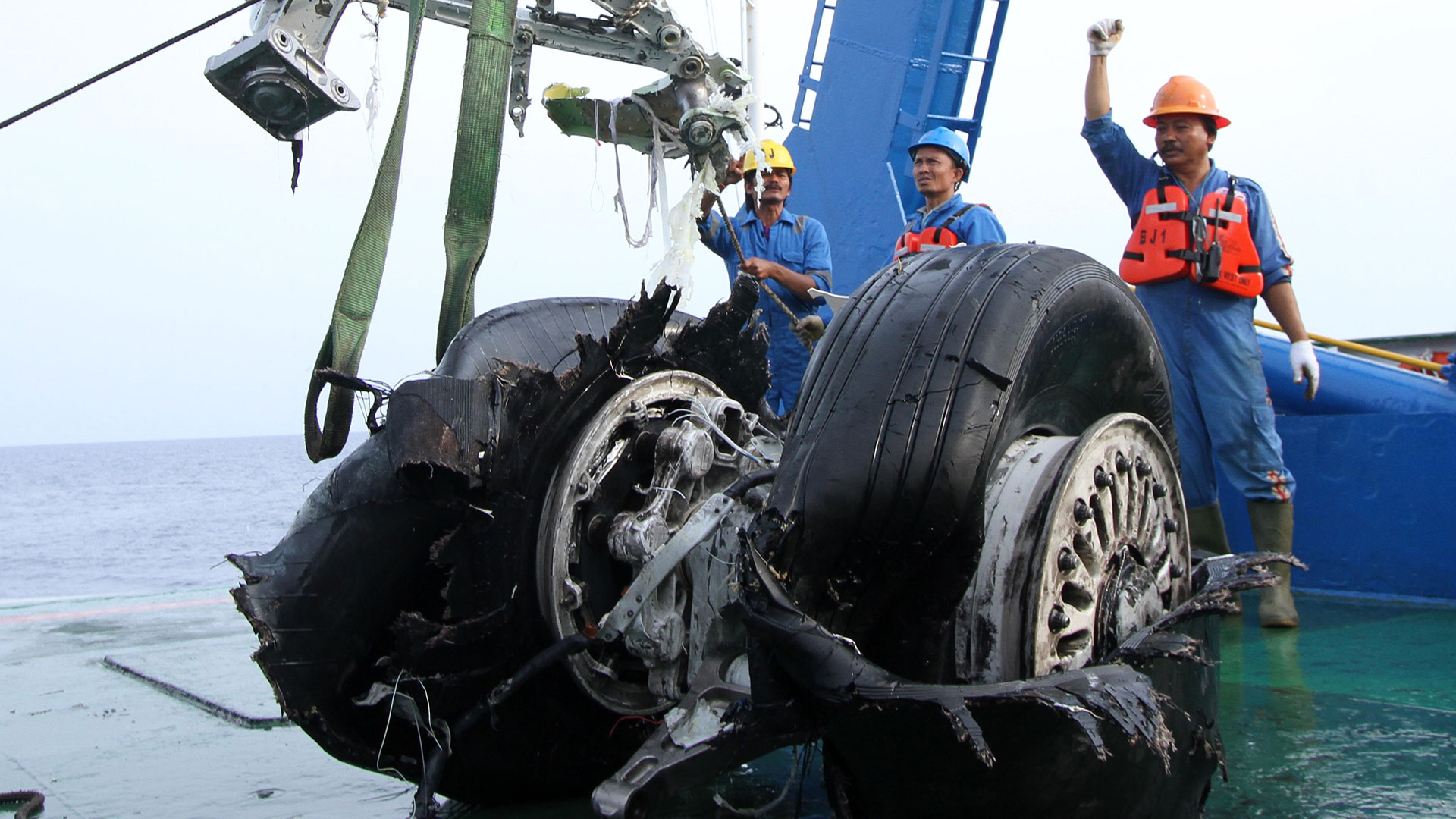

On October 29th, 2018, Lion Air Flight 610 crashed into the ocean 12 minutes after takeoff, killing all 189 people on board and kicking off a series of events that, in conjunction with the crash of another Boeing 737 Max several months later, would lead the class of airliner to be grounded across the planet. But as it turns out, on October 28th—just one day earlier—the same Lion Air plane nearly went down due to what appears to have been the same problem, saved thanks to the quick work of an off-duty pilot who was hitching a ride in the cockpit.
According to Bloomberg, which spoke with people familiar with the event, the “dead-head” pilot was riding in a jumpseat in the cockpit when the Boeing began to fly erratically, forcing the flight’s pilot and co-pilot to seek a remedy for the sudden loss of control. The hitchhiking flyer was able to diagnose the issue before the flight crew, Bloomberg reports, telling them to kill the power to the motor that was attempting to force the aircraft’s nose down in response to the malfunctioning automated flight control system’s prompts. The same issue—albeit tragically uncorrected—caused the October 29th crash, investigators concluded in the preliminary accident report.
While it had been known the plane suffered some form of problem during the flight to Jakarta the day before it crashed, the presence of the extra pilot during the earlier incident was not disclosed in the official report by the National Transportation Safety Committee of Indonesia.
Boeing 737 Max pilots are supposed to memorize a checklist of procedures to follow in the event of flight problems such as those that occur with the Maneuvering Characteristics Augmentation System (MCAS), the automated system designed to keep the twin-engine aircraft from stalling during slow, flaps-retracted flight by pushing the nose downwards to regain speed. Investigators found the Lion Air Boeing 737 Max that crashed was receiving faulty angle of attack data from a sensor in the minutes prior to the crash, causing the MCAS system to automatically push the plane’s nose down and forcing the pilots to attempt to battle it back. The Federal Aviation Administration says a similar situation may to have caused the crash of a second Boeing 737 Max, Ethiopian Airlines Flight 302, on March 10th, 2019.